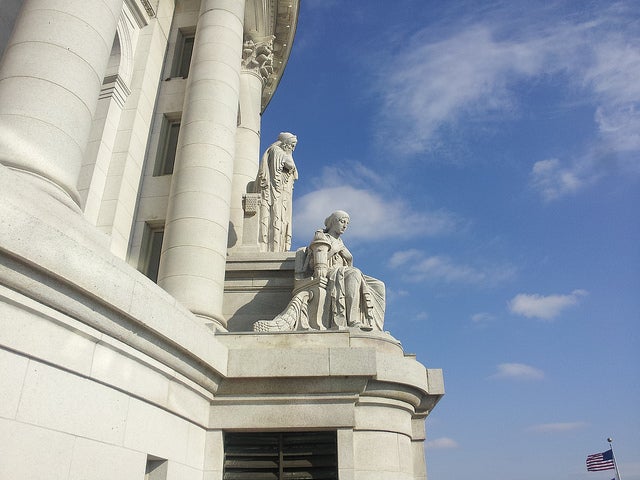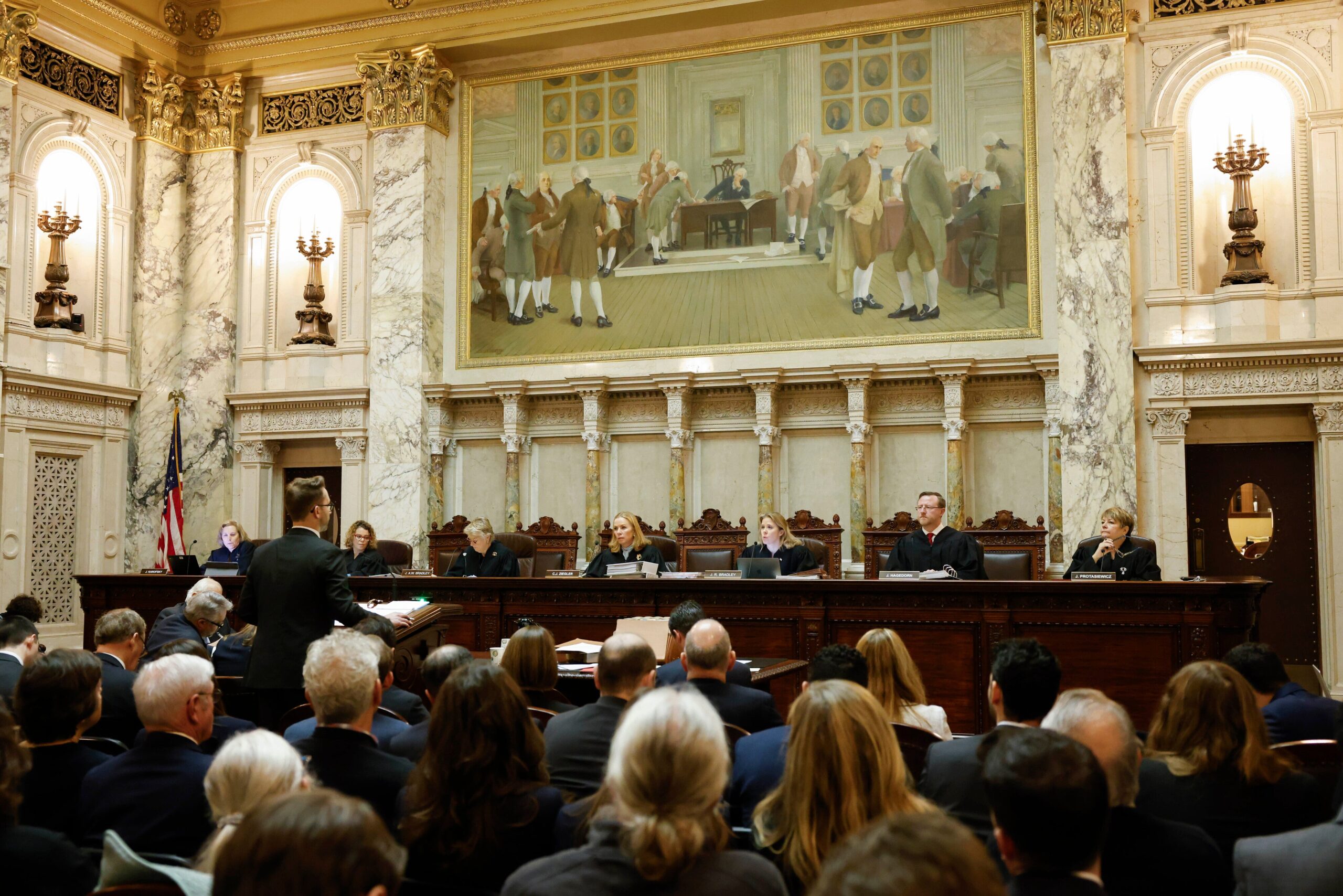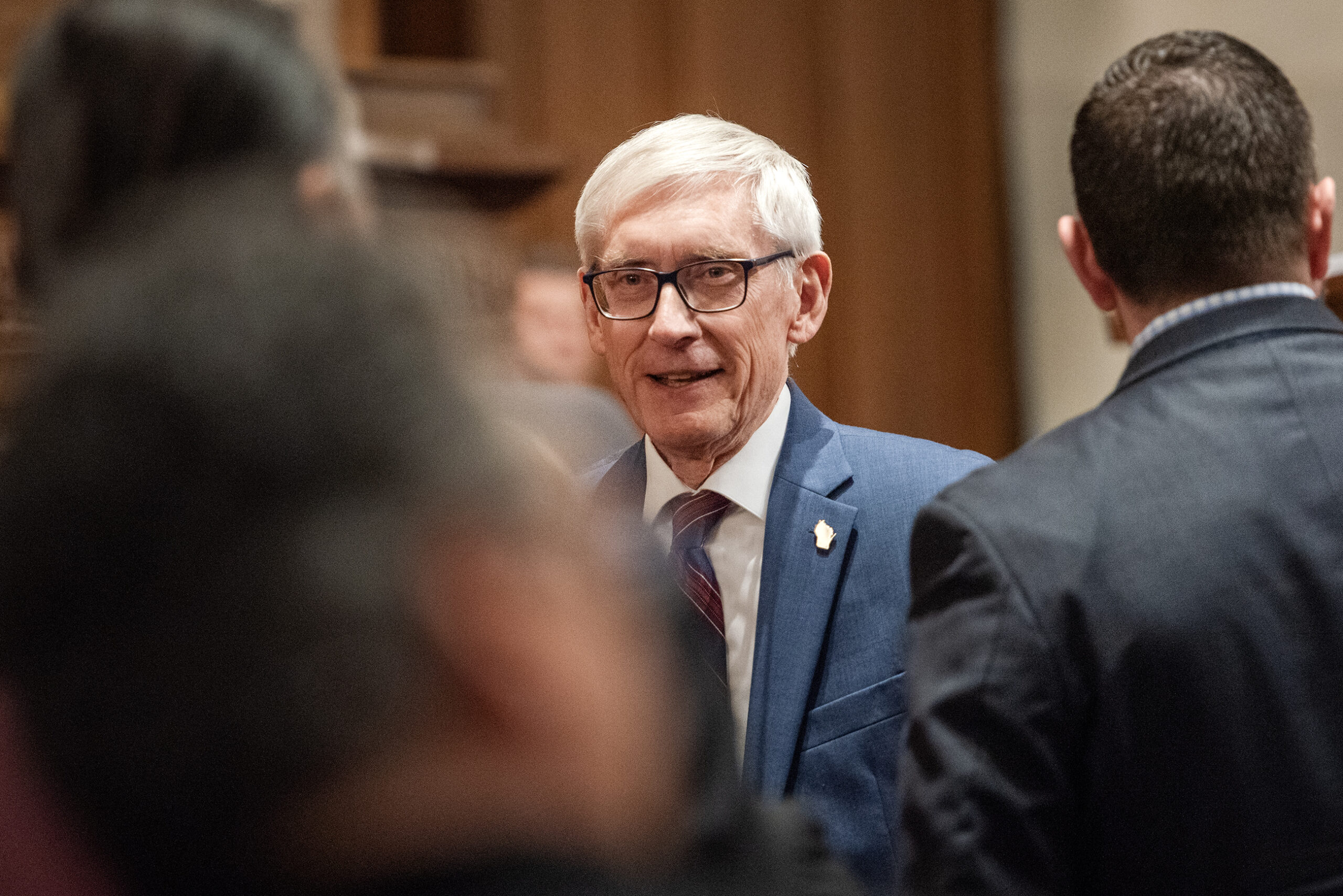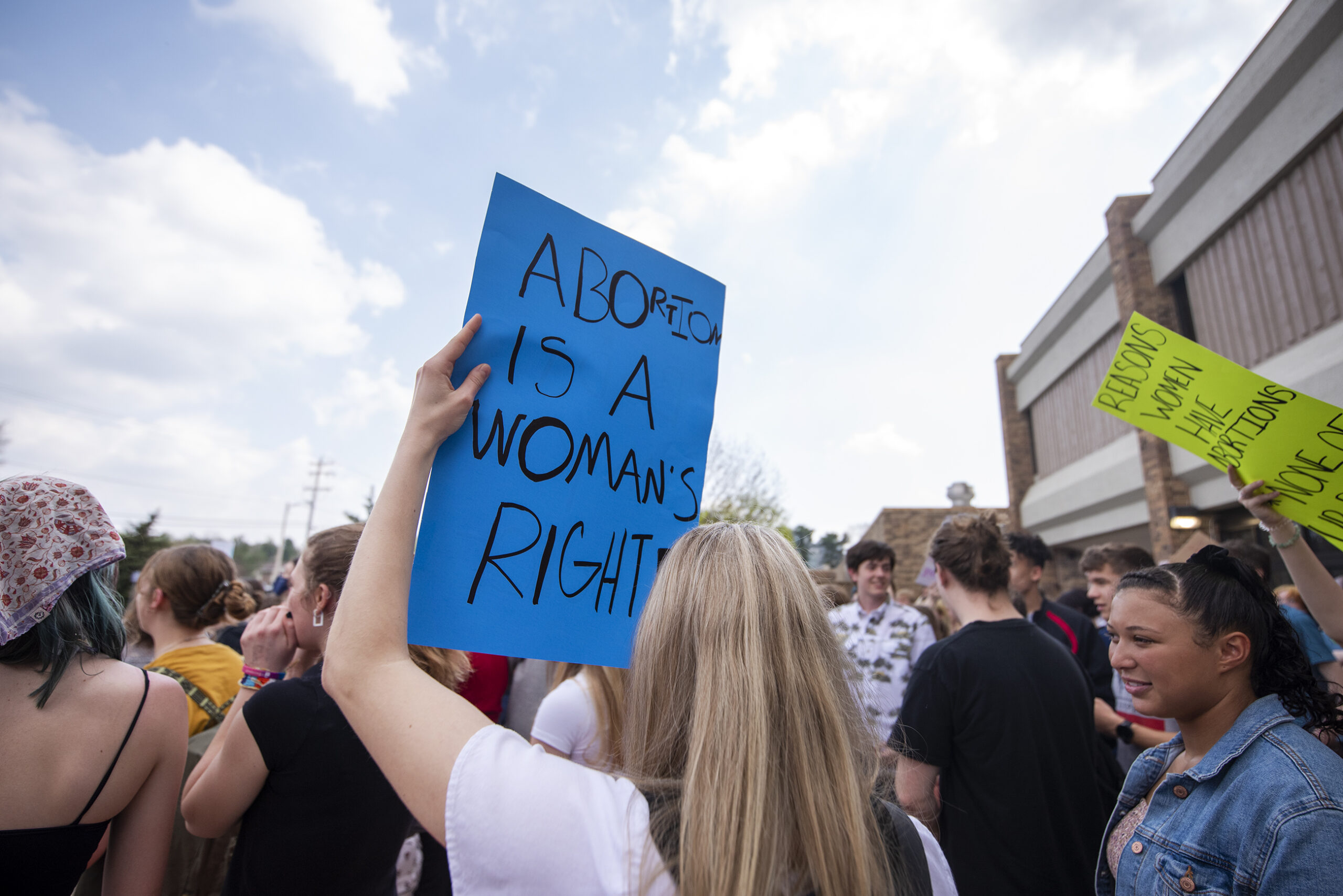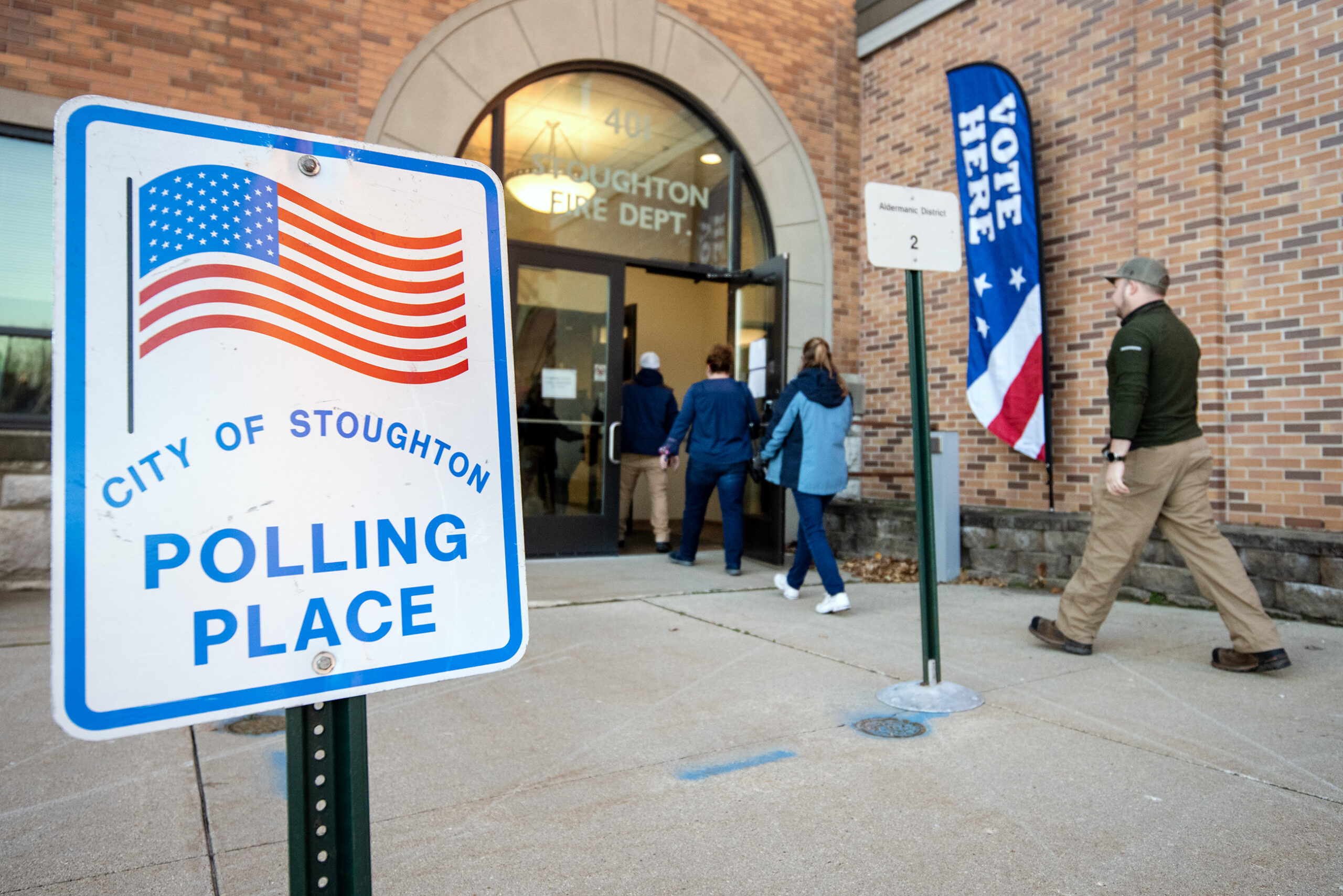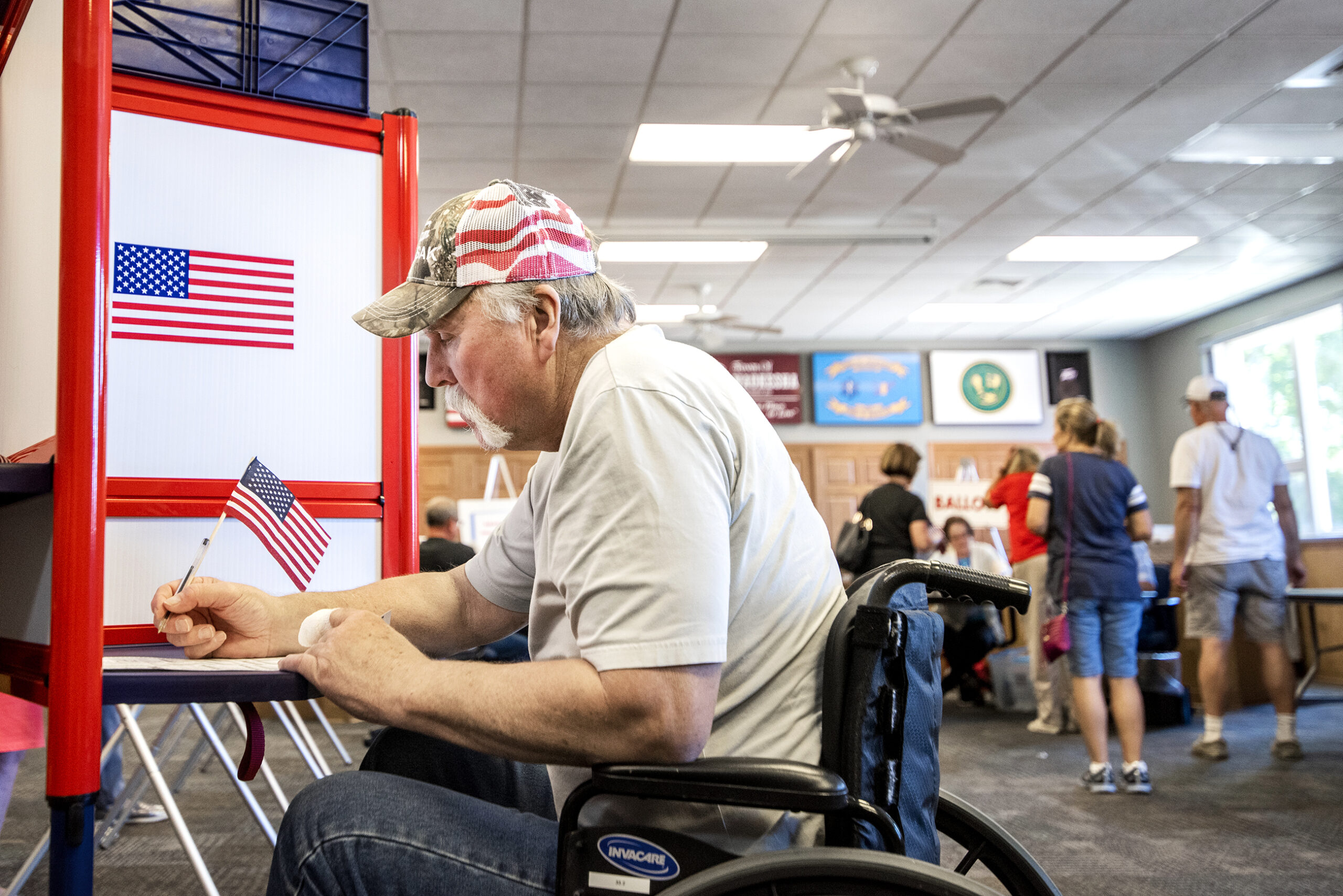Republican state senators plan to pass a special elections bill next week that could undercut a judge’s order and allow for year-long vacancies in Wisconsin legislative districts.
GOP leaders in the Senate will convene an extraordinary session on April 4 to take up the changes. Gov. Scott Walker has said he will sign them.
Dane County Circuit Court Judge Josann Reynolds ordered Gov. Scott Walker last week to call special elections in the state’s vacant 1st Senate District and 42nd Assembly District by Thursday. Reynolds’ order would have Walker set election dates for late May or early June.
Stay informed on the latest news
Sign up for WPR’s email newsletter.
Under the bill unveiled Monday by Republican state senators, special elections would no longer be allowed after the state’s spring election in even-numbered years. This year’s spring election is on April 3.
The bill would also prevent governors from scheduling special elections sooner than four months after a vacancy occurs. Practically speaking, that would ban special elections for any vacancies that occur in December of odd-numbered years or later.
That would raise the prospect of more year-long vacancies in state legislative districts, something that hasn’t happened in Wisconsin in the past 50 years.
The bill scheduled for a vote also states that it would apply to any existing vacancies, “notwithstanding any other law, court order, or order of the governor.” That means it would apply retroactively to the current vacancies regardless of Reynolds’ order.
Both districts were left vacant on Dec. 29, 2017 when former state Sen. Frank Lasee and former state Rep. Keith Ripp resigned to take jobs in the Walker administration.
Senate Minority Leader Jen Shilling, D-La Crosse, called the move corrupt and an abuse of power.
“Gov. Walker and legislative Republicans are so desperate to maintain their grip on power that they are changing laws to silence voters,” Shilling said in a statement.
Senate Majority Leader Scott Fitzgerald, R-Juneau, said last week the change was needed to prevent the prospect of candidates running for special elections having to circulate nomination papers at the same time they’re circulating papers to get on the general election ballot in November.
“This eliminates the need for multiple elections in a short timeline, saving taxpayer dollars and avoiding voter confusion,” Fitzgerald said in a statement Monday.
While the full Legislature could pass these changes as soon as April 4, Judge Reynolds’ court order sets a deadline of March 29 for Walker to call elections in the current vacant districts.
Walker Hopes Judge Will Reconsider
While the full Legislature could pass these changes as soon as April 4, Reynolds’ court order sets a deadline of March 29 for Walker to call elections in the current vacant districts.
Asked during a stop in Kaukauna Monday whether he would comply with that order, Walker suggested he hoped the court would change its ruling based on the Legislature’s plan to change the special election laws.
“If they change that, I presume the judge would modify the ruling,” Walker said Monday.
On Monday night, lawyers for the Wisconsin Department of Justice, which is representing Walker, filed an emergency motion to extend the court-ordered deadline until April 6. The DOJ said that would give Walker and the Legislature enough time to change the law, which would prohibit the special elections in question.
Current state law requires governors to call special elections for any vacancies that occur before the second Tuesday in May, but Walker had argued that did not apply to these districts because the vacancies were created at the end of 2017.
“I just think right now there’s different ways to interpret that, but if the law’s changed, I think it’ll be pretty crystal clear,” Walker said Monday.
Reynolds said last week that Walker’s interpretation of the law was “absurd in its application,” and that voters in these vacant legislative districts have a right to representation.
Editor’s note: WPR’s Patty Murray contributed to this report.
Wisconsin Public Radio, © Copyright 2024, Board of Regents of the University of Wisconsin System and Wisconsin Educational Communications Board.

